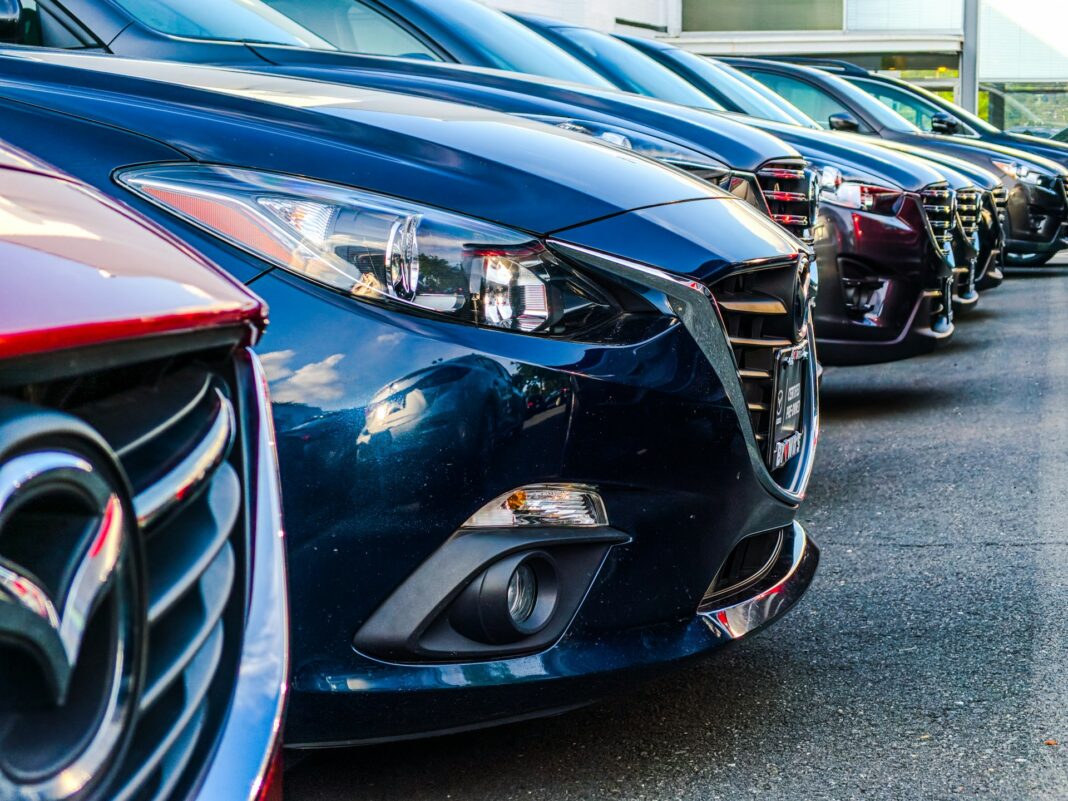The growing popularity of electric cars
Brazil has seen increased demand for electric vehicles in the last few years, as evidenced by statistical data from most automakers that sell their products in the country. In addition, there is an increase in the number of sales of the cheapest electric cars at online auctions, where you can find wrecked or hail damaged vehicles for sale . After repair, this transport becomes almost ideal and can effectively cope with its tasks over a long period.
The growing popularity of electric cars is explained by the poor environmental situation in the country, as well as certain privileges that each buyer of such a vehicle receives (for example, tax breaks). In addition, an essential role in increasing sales of environmentally friendly models is played by the desire of Brazilians to take advantage of modern technological advances and not lag behind other developed countries in this matter. The Brazilian government is also encouraging the transition to electric cars. It actively develops the relevant infrastructure, particularly by constructing many modern charging stations.
Increasing demand for modern technologies
Brazil is gradually becoming an advanced country in all aspects. In this regard, its citizens are beginning to use modern technologies more actively. This trend is observed in various fields of activity and affects the automotive industry. According to statistics, Brazilian citizens mainly buy vehicles equipped with the latest infotainment systems and modern control and safety elements.
Cars that actively use artificial intelligence capabilities are no less in demand in Brazil. They help collect necessary information from the driver, analyze it and make decisions to avoid potential dangers on the road. Thanks to this, Brazil has significantly reduced the number of road traffic accidents that occur annually and minimized the risk of fatalities on the road.
The increasing popularity of models from European manufacturers
The most surprising trend is the increasing popularity of cars from European manufacturers. However, if you study the situation in more detail, you can easily explain this feature. The fact is that in Brazil, there are a large number of factories owned by European automakers. Many of these businesses have been in business for decades and show no signs of closing. For example, Fiat opened its first plant in Brazil back in 1973. It turned out to be a profitable enterprise, so the Italians continued to invest vast amounts of money in developing the Brazilian automobile market and opened another plant in the 21st century. Another European auto giant, Volkswagen, recently announced its desire to expand car production in South America. For Brazil, the company has prepared $1.8 billion, which will be used to increase the production of electric cars. Some well-known European manufacturers (for example, Renault) also invest much money in the country’s automotive industry.
In connection with all of the above, it is not difficult to guess that Fiat and Volkswagen are the leaders in terms of car sales in Brazil. They are gradually increasing production volumes and are confidently ahead of competitors from the USA (Chevrolet, Jeep, Ford) and Japan (Toyota, Nissan, Honda). Also, Chinese automakers, particularly BYD, have recently demonstrated serious progress.
Growing demand for compact cars
Every year, the number of cars on the roads of the largest Brazilian cities proliferates. One of the main trends is the increasing popularity of compact models. They perform better in heavy traffic than full-size sedans, SUVs, and hatchbacks. In addition, small vehicles have another significant advantage: the ease of finding a suitable parking space. Recently, in many cities in Brazil, this has become a real problem, which drivers were partially able to solve with the help of minicars.
Compact models are a priority option for Brazilians with relatively small financial resources (they make up the majority of the country’s population). This is explained by the efficiency of such cars and the need to spend less money on refueling or charging. In addition, small vehicles are easier to maintain. This allows owners to save much more money than drivers who choose full-size models.
The Brazilian automobile market is one of the largest in the world. Thanks to this, he set the fashion for the entire automotive industry in South America and formed the most popular trends on the continent. They all demonstrate the preferences of most Brazilians and their desire to use modern, safe, environmentally friendly transport.
